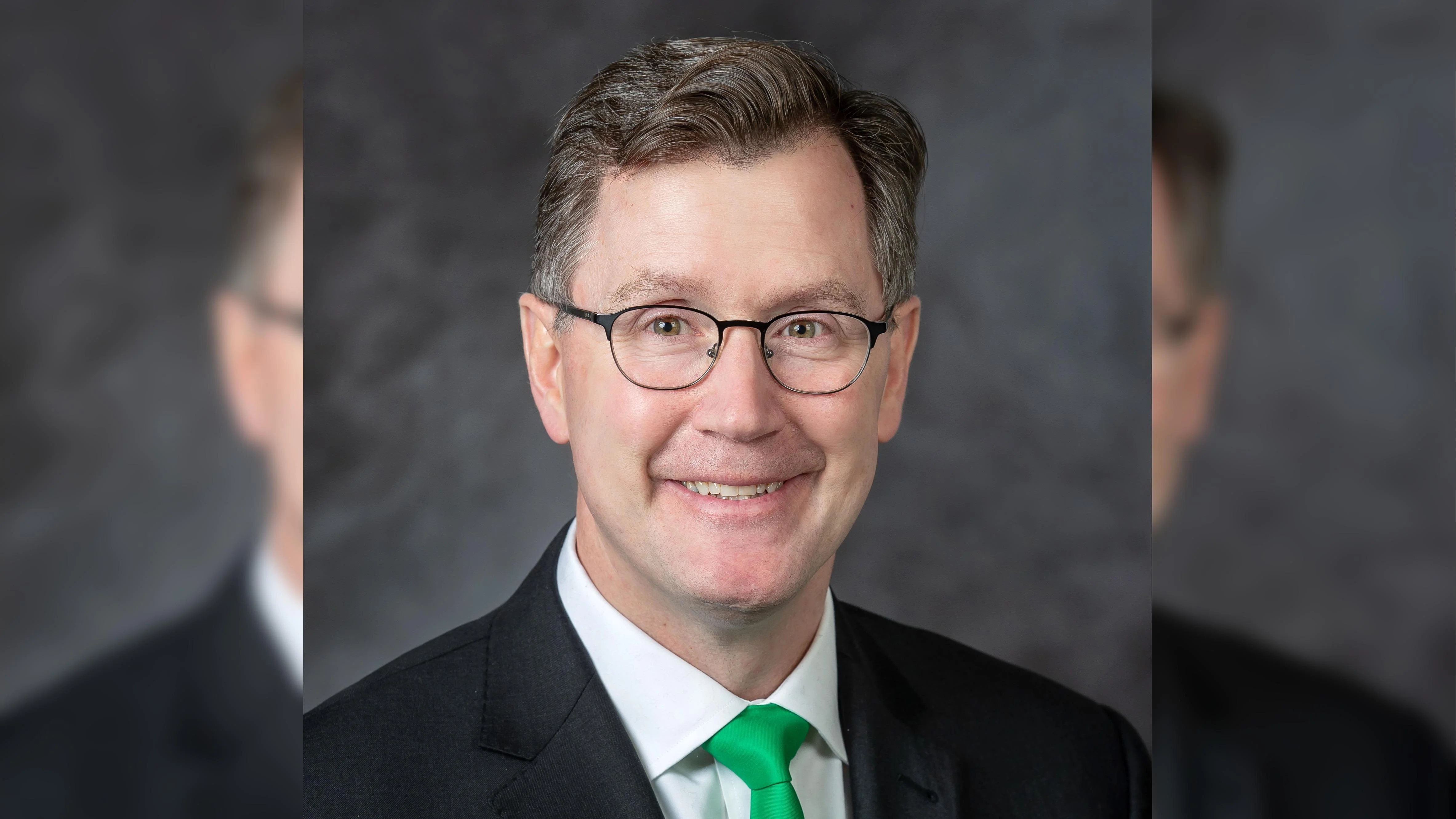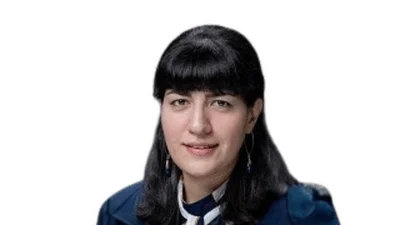Dr. Andrew Armacost, President | University of North Dakota
Dr. Andrew Armacost, President | University of North Dakota
Mentoring and advising play a significant role in supporting student learning at the University of North Dakota (UND), according to university community members. The focus on individualized support aligns with the UND LEADS Strategic Plan, which emphasizes that learning occurs both inside and outside the classroom.
Natalie Chitnis, an academic advisor in the College of Engineering & Mines, described her approach: “Academic advisors have many parts to play in a student’s academic journey, but the most fulfilling part of my role is being a resource to whom students can turn when they need help and support.
“The UND LEADS plan and its specific goal of initiative of individualized advising and mentoring is a crucial component of students’ success. And because all students are unique and have different backgrounds and experiences, each one requires a different approach.
“In a single day, I can meet with a wide variety of students, ranging from a timid first-year to a student who wants to change their major, to a non-traditional, part-time student who’s looking to change careers. The conversations, advising styles and resources I provide to these students are all different and tailored to their unique needs.
“Understanding where students are at and helping them move forward is both a key component of individualized advising, and my own personal driving force.
“In part, my reason for becoming an academic advisor stemmed from my own experience as a student,” Chitnis continues. “I was an online distance student, who did not have a clear path and at first felt very disconnected from my university. But my advisor recognized this and helped me gain a sense of direction and belonging.
“I am very fortunate that UND prioritizes and recognizes that advising and mentorship is a key to the University’s success.”
Vishal Bhatia, who studies Commercial Aviation and Aviation Management while serving as a Military Affiliated Peer Support mentor at UND, highlighted the university’s commitment to military-affiliated students. “UND has long been known to be one of the nation’s most military friendly schools,” Bhatia says. “This year, UND even earned a Gold rating as a Military Friendly institution, confirming that we go above and beyond the standards for our military affiliated population.
“Individualized advising and mentoring has played a big role in achieving that distinction.
“One in seven students at UND are military affiliated, and this population has different needs and challenges than do traditional students. That’s why UND Veteran and Military Services has introduced a new program: Military Affiliated Peer Support.
“The program enlists veteran students at UND to mentor, guide and interact with the University’s military affiliated population. The program representatives listen to their fellow students’ challenges, offer solutions and help the individuals access the different benefits offered by Veterans Affairs.
“The common military backgrounds involved create a sense of ease and trust. This liberates the conversations and helps people bond, usually over hilarious stories of past military experiences.
“In addition,” Bhatia continues, “it’s also important to highlight other ways of benefitting from mentorship and similar opportunities at UND. In my case, I gained real- world experience by interning at Delta Air Lines and working at Hartsfield-Jackson International Airport in Atlanta during the spring semester.
“I interned at the Chief Pilot’s Office, which meant I worked with the admin team as well as on a group project; my fellow interns and I ultimately presented the project to top executives at Delta. My position also gave me a unique chance to interact with pilots, ask them industry-related questions and build connections with them.
“In my view, combining traditional ‘in-class’ learning with real world experience enhances the whole college experience,” Bhatia concludes. “That’s why as a MAPS representative, I always share my Delta Air Lines experience with fellow students and encourage them to explore similar opportunities of their own.”
Diane Darland—Chester Fritz Distinguished Professor of Biology—discussed faculty contributions: “Mentoring from both mentor and mentee perspectives has always been a core part of my professional path,” says Darland.
“I have used my own experiences (both good and bad) to help shape many of the strategies that I use in working with students. I firmly believe that the LEADS core value to provide individualized advising and mentoring is crucial to students’ long-term success and for building a healthy community of learners at UND.
“One area of mentoring that is particularly rewarding is working with undergraduates in experiential opportunities that complement their traditional coursework. As a STEM faculty member, I enjoy learning and collaborating with students in my laboratory to explore biological questions in development and disease. I get to watch students grow, use their critical thinking skills, and build their confidence in conducting experiments and analyzing results.
“I love that ‘aha’ moment that happens when a student understands a new concept or learns a challenging lab technique.” Darland continues.
“Another area of mentoring that I find fulfilling is working with graduate students as they hone their professional skills on their path toward independence.
“I’ve had the privilege of working with UND graduate students through the Mentors Helping Mentors Program at the School of Graduate Studies,” Darland continues. “Through this program, graduate students are able to reflect on their personal communication styles, identify traits they value in themselves as mentees as well as future mentors, explore effective communication strategies, and build their own mentoring philosophy.
“I know that through working with individuals we can weave together the ‘threads’ of each person’s experience to build an amazing strong advising & mentoring tapestry at UND.”
UND offers additional resources for personalized guidance such as Peer Tutoring & Academic Support services—including centers focused on writing assistance or math support—as well as programs like Student Academic Support & Engagement aimed at helping learners achieve academic goals tailored specifically for them.



 Alerts Sign-up
Alerts Sign-up